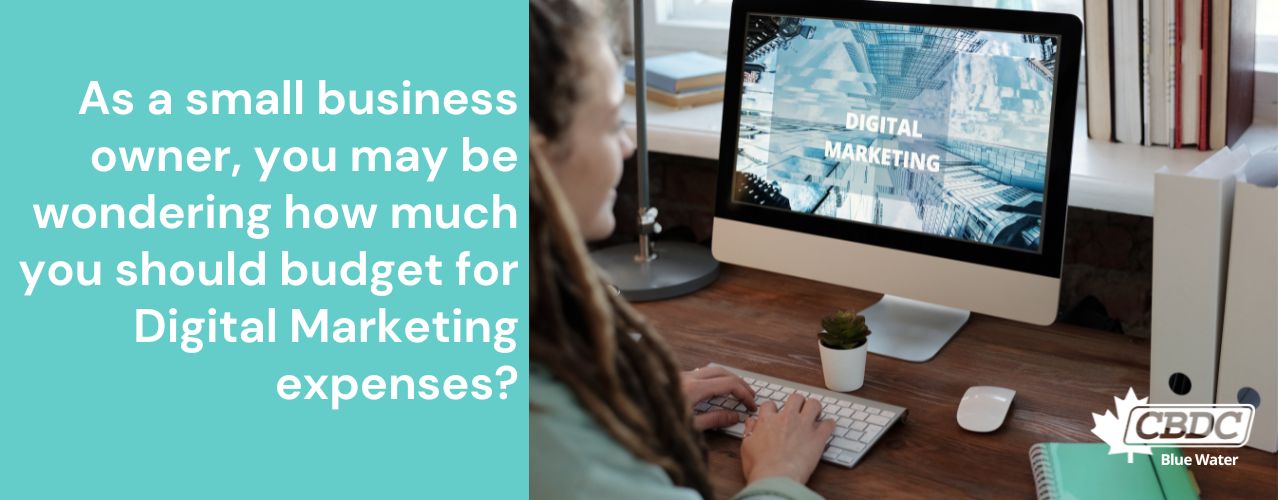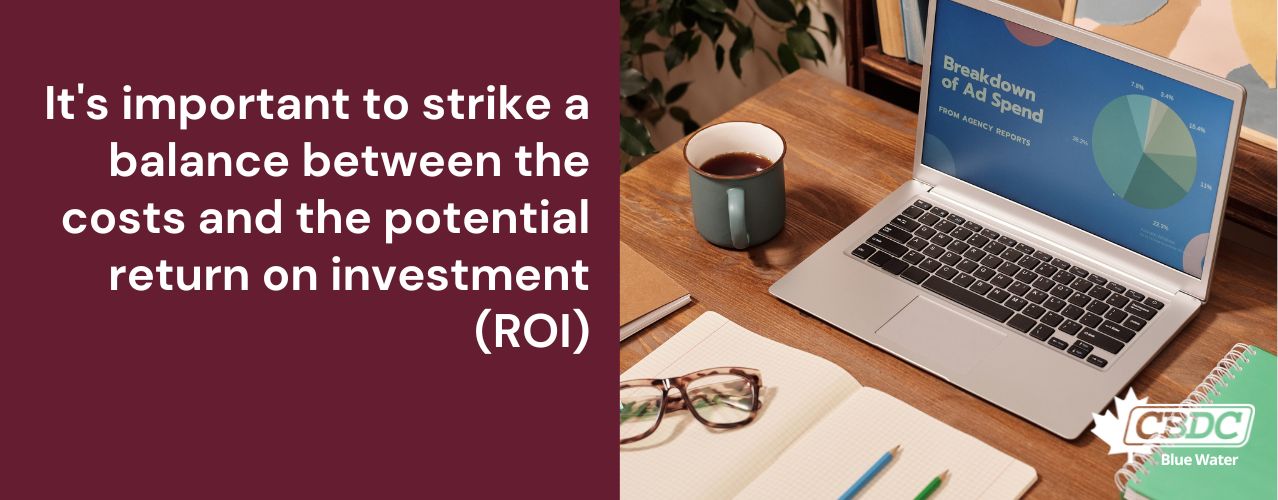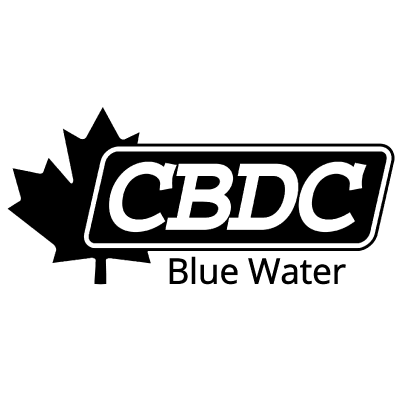
How much should you spend on Digital Marketing?
As a small business owner, you may be wondering how much you should budget for digital marketing expenses. Digital marketing can be a powerful tool for reaching and engaging with customers, but it's important to strike a balance between the costs and the potential return on investment (ROI). In this article, we'll provide some guidance on how much small businesses should budget for digital marketing expenses.
First and foremost, it's important to understand that the amount you'll need to spend on digital marketing will depend on a number of factors, including:
- The size of your business
- The nature of your products or services
- Your target market.
With that said, there are a few general principles that can help guide your digital marketing budgeting process.
One key factor to consider is the stage of your business. If you're just starting out, you may need to invest more heavily in digital marketing to build brand awareness and establish yourself in the market. As your business grows and becomes more established, you may be able to scale back your digital marketing efforts and focus more on maintaining and growing your customer base.
Another important factor to consider is your target market. If you're targeting a broad audience, you may need to invest more in digital marketing to reach a larger number of potential customers. On the other hand, if you have a narrow target market, you may be able to get by with a smaller budget.
When it comes to specific digital marketing channels, it's important to understand that different channels can have different costs associated with them. For example, social media marketing can be relatively inexpensive, especially if you're using organic (non-paid) tactics. Paid advertising on social media can be more expensive, but it can also be more effective in driving targeted traffic to your website.
Email marketing can also be an effective and relatively inexpensive way to reach and engage with customers, especially if you have a large email list. However, it's important to understand that email marketing can be less effective if you have a small or poorly targeted email list.
Search engine optimization (SEO) can be an important part of your digital marketing strategy, but it can also be time-consuming and require a significant investment of resources. If you're just starting out, you may want to focus on other tactics, such as social media marketing and email marketing, until you have the resources to invest in SEO.
Paid search advertising, such as Google AdWords, can be an effective way to drive targeted traffic to your website, but it can also be expensive, especially in competitive industries. It's important to carefully consider the potential ROI of paid search advertising before investing in it.

In terms of specific budgeting recommendations, it's difficult to provide a one-size-fits-all answer, as every business is different. However, a general rule of thumb is to allocate around 10-20% of your total marketing budget to digital marketing. This percentage can vary depending on the specific needs and goals of your business.
To get a better idea of how much you should budget for digital marketing, it can be helpful to conduct a digital marketing audit. This can involve reviewing your current digital marketing efforts and analyzing the results, identifying any areas where you may be able to improve, and setting specific goals and budgeting accordingly.
In conclusion, how much you should budget for digital marketing as a small business will depend on a number of factors including:
- Size of your business
- Stage of your business
- Target market
- Specific channels
- Tactics you plan to use
A general rule of thumb is to allocate around 10-20% of your total marketing budget to digital marketing, but this percentage can vary depending on your specific needs and goals. It can be helpful to conduct a digital marketing audit.
